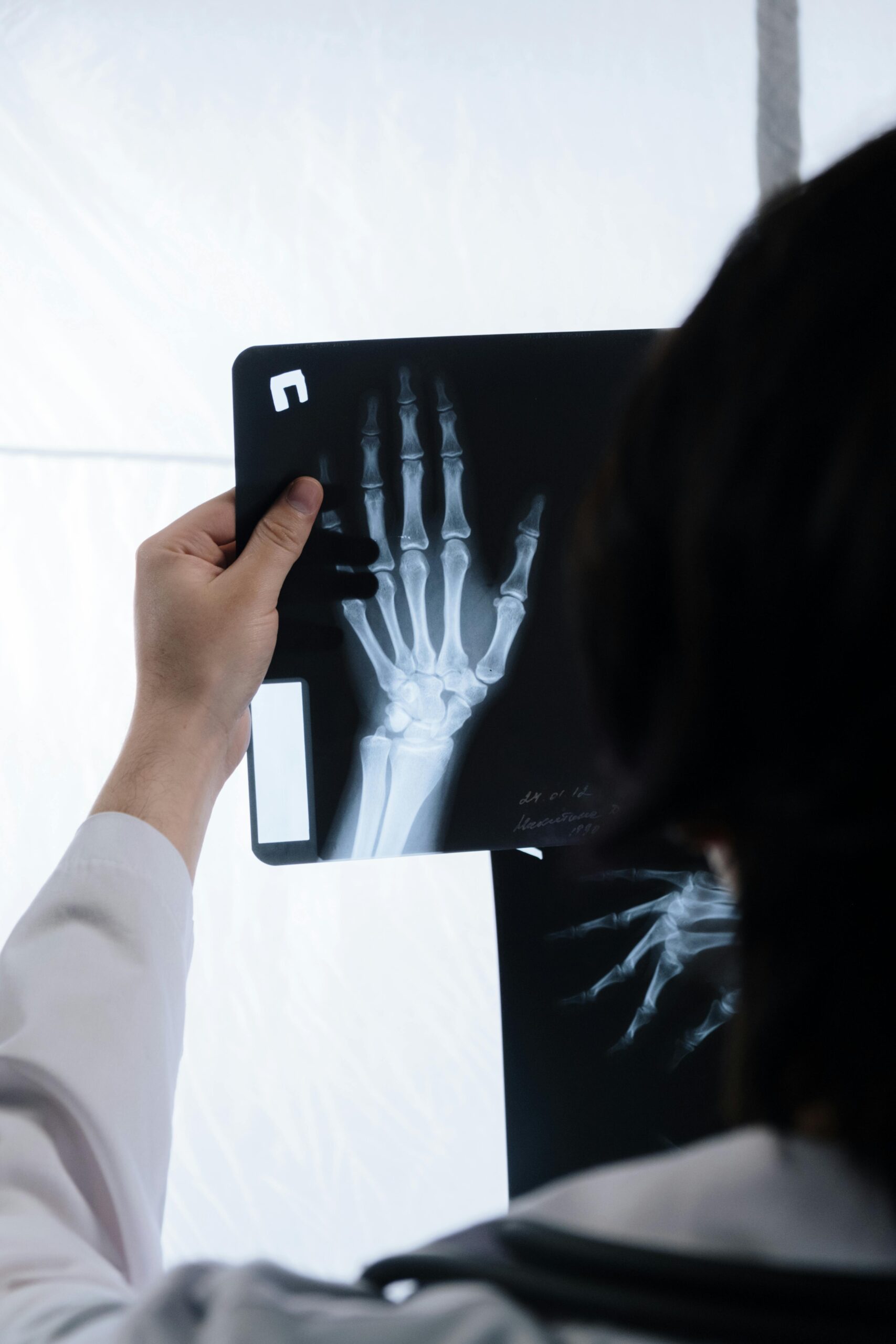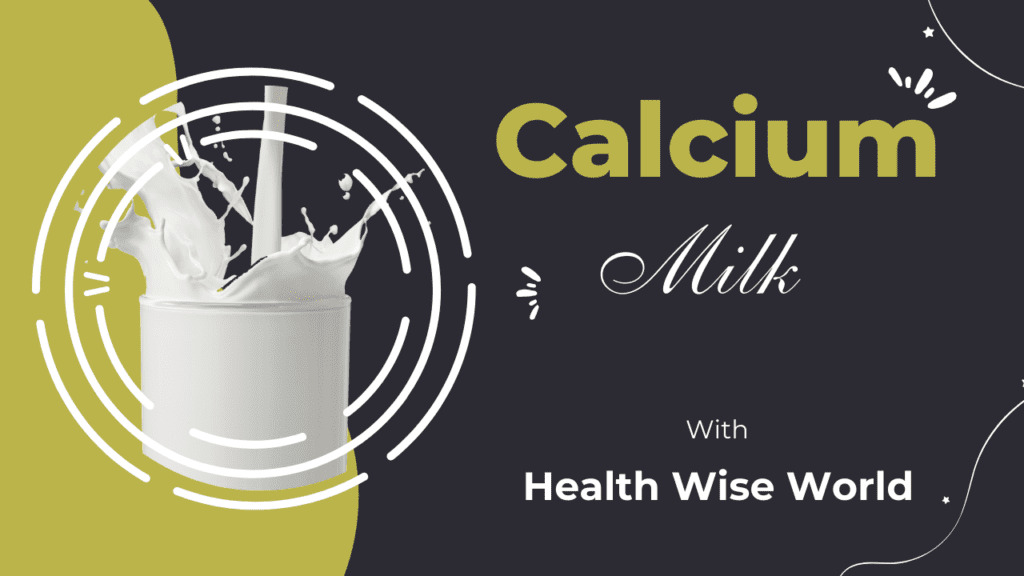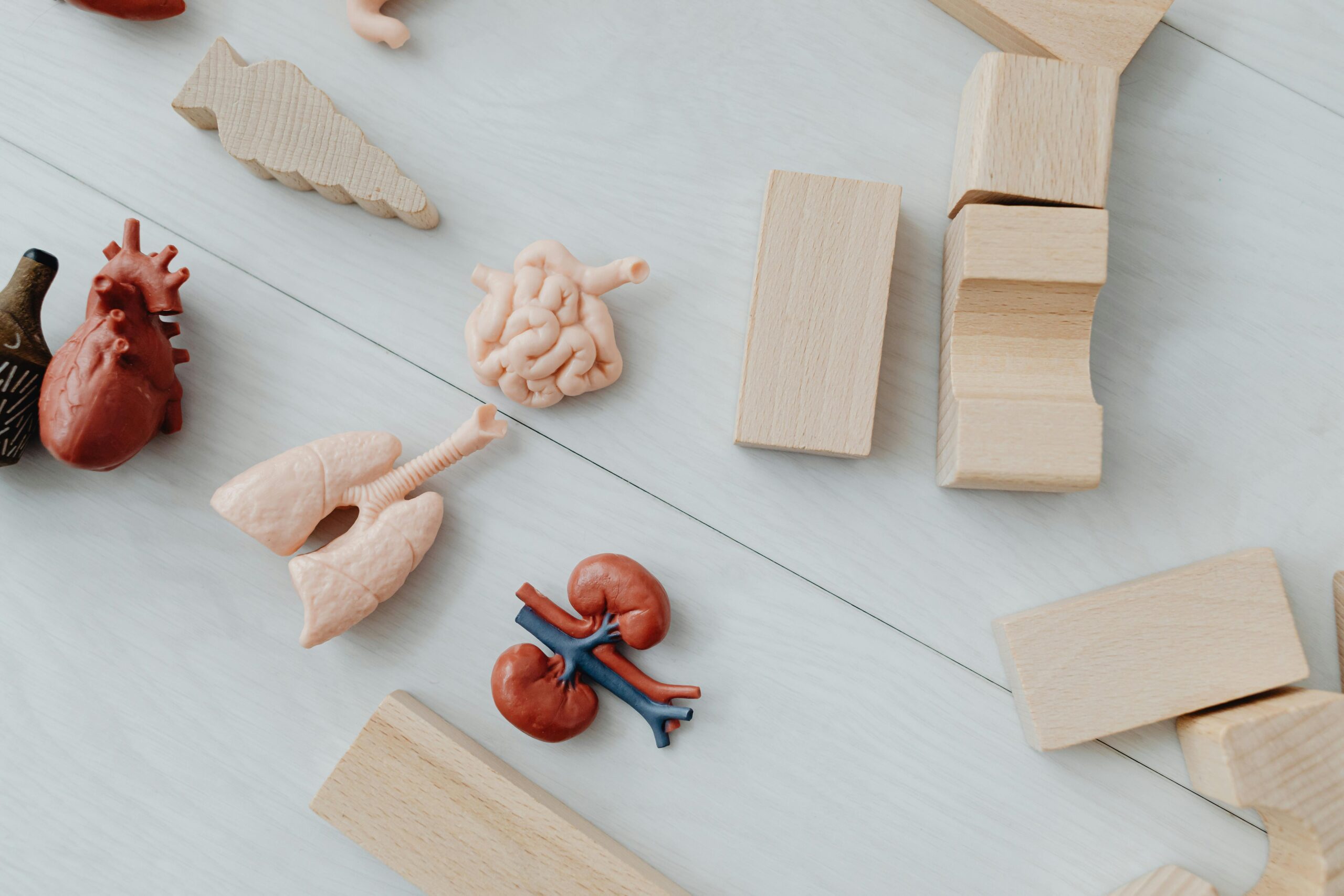A vital mineral that plays a crucial role in maintaining strong bones and overall health. The Unsung Hero of Health is Calcium
Calcium, a mineral we’ve all heard about since childhood, is often associated with strong bones and teeth. While that’s true, its benefits go far beyond just skeletal health. From supporting muscle function to aiding in blood clotting, calcium plays a vital role in keeping our bodies functioning optimally. Let’s dive into the world of calcium and uncover why this mineral deserves a place at the top of your health priorities.
What is Calcium?
Calcium is the most abundant mineral in the human body. Approximately 99% of it resides in our bones and teeth, giving them structure and strength. The remaining 1% circulates in the blood and is essential for various physiological processes, including nerve transmission, muscle contractions, and maintaining a steady heartbeat.
Our bodies don’t produce calcium naturally, so we must get it from our diets or supplements. If dietary calcium is insufficient, the body compensates by drawing calcium from bones, which can weaken them over time.
The Role of Calcium in the Body
- Bone Health: Calcium is the primary building block of bones. It’s particularly crucial during childhood, adolescence, and early adulthood when bones are growing and strengthening. After about age 30, bone density begins to decline, making adequate calcium intake vital for maintaining bone health and reducing the risk of osteoporosis.

- Muscle Function: Every time you move a muscle—whether to pick up a coffee cup or run a marathon—calcium is at work. It helps muscles contract and relax smoothly, ensuring coordinated movements.
- Nerve Transmission: Calcium facilitates communication between nerves, allowing your brain to send messages to different parts of your body.
- Blood Clotting: When you get a cut, calcium helps your blood clot, preventing excessive bleeding. It’s a small but critical function that often goes unnoticed.
- Hormonal Secretion and Enzyme Function: Calcium plays a role in the release of hormones and the activation of enzymes that regulate various bodily functions.
Daily Calcium Requirements
The amount of calcium you need depends on your age, gender, and life stage. Here are the general daily recommendations:
- Children (4-8 years): 1,000 mg
- Teens (9-18 years): 1,300 mg
- Adults (19-50 years): 1,000 mg
- Women 51+ and Men 71+: 1,200 mg
Pregnant and breastfeeding women may have different requirements, so it’s always best to consult a healthcare professional.
Best Sources of Calcium

Thankfully, calcium is widely available in various foods, making it easier to meet your daily needs. Here are some top sources:
Dairy Products
- Milk, cheese, and yogurt are classic calcium-rich foods. They’re also an excellent source of protein, making them a double win for your diet.
Plant-Based Options
- For those who are lactose intolerant or follow a vegan diet, calcium-fortified plant milks (almond, soy, or oat) are great alternatives.
- Leafy greens like kale, broccoli, and Bok choy also pack a calcium punch.

- Tofu made with calcium sulfate and fortified orange juice are other good options.
Seafood
- Canned fish like sardines and salmon (with bones) provide a good amount of calcium, along with heart-healthy omega-3 fatty acids.
Nuts and Seeds
- Almonds, chia seeds, and sesame seeds are excellent plant-based sources of calcium.
The Unsung Hero of Health is Calcium
Calcium Absorption: What You Need to Know
Getting enough calcium is only half the battle; your body also needs to absorb it effectively. Here are a few factors that influence calcium absorption:
- Vitamin D: This vitamin enhances calcium absorption in the intestines. Sun exposure, fatty fish, and fortified foods can help you get enough vitamin D.
- Oxalates and Phytates: Found in certain plant foods like spinach and beans, these compounds can bind to calcium and reduce its absorption. However, the overall nutritional benefits of these foods outweigh this minor drawback.
- Caffeine and Alcohol: Excessive consumption can interfere with calcium absorption, so moderation is key.
Calcium Deficiency: Signs and Risks
A lack of calcium can lead to various health problems, including:
- Osteoporosis: This condition causes bones to become weak and brittle, increasing the risk of fractures.
- Muscle Cramps and Weakness: Calcium is essential for muscle function, so low levels can lead to discomfort.
- Dental Issues: Since teeth are composed largely of calcium, a deficiency can result in tooth decay and gum problems.

Signs of deficiency include tingling or numbness in fingers, fatigue, and irregular heart rhythms. If you experience these symptoms, it’s essential to consult a healthcare provider.
The Unsung Hero of Health is Calcium
Can You Have Too Much Calcium?
While calcium is vital, more isn’t always better. Excess calcium, often from supplements, can lead to:
- Kidney Stones: High calcium levels can contribute to the formation of painful kidney stones.

- Constipation: Excessive calcium can disrupt digestive processes.
- Calcium Deposits: In severe cases, calcium can accumulate in soft tissues, affecting organ function.
The upper limit for most adults is 2,500 mg per day, so it’s crucial to stick within recommended guidelines.
Calcium and Lifestyle: Tips for Healthy Bones
- Stay Active: Weight-bearing exercises like walking, jogging, and dancing strengthen bones and improve calcium retention.
- Limit Salt: High sodium intake can cause calcium loss through urine. Reducing salt can help preserve your calcium levels.
- Avoid Smoking: Smoking has been linked to decreased bone density, making it harder for your body to retain calcium.
- Moderate Protein Intake: While protein is essential, excessive amounts can increase calcium excretion. Balance is key.
The Unsung Hero of Health is Calcium
Conclusion: Make Calcium a Priority
Calcium is far more than just a bone builder. It’s a multitasking mineral that impacts nearly every aspect of your health. By incorporating calcium-rich foods into your diet, staying active, and maintaining a balanced lifestyle, you can support your body’s calcium needs and enjoy stronger bones, better muscle function, and improved overall health. So, the next time you pour yourself a glass of milk, sprinkle chia seeds on your smoothie, or step outside for some vitamin D, remember: you’re giving your body the gift of calcium, a true unsung hero.












2 thoughts on “The Unsung Hero of Health is Calcium”